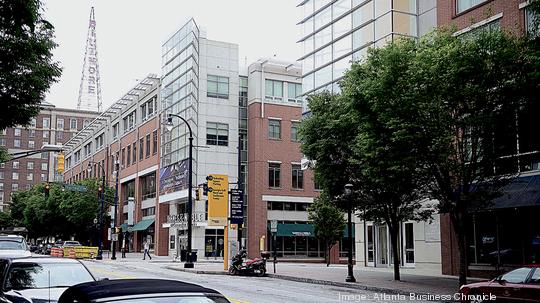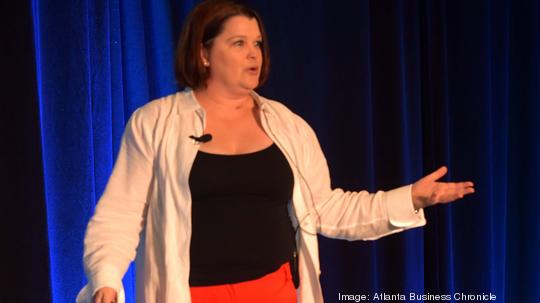
Atlanta continues to attract tech talent at a moderate pace, but the competition is catching up, according to a report issued by real estate services and investment firm CBRE Group Inc.
The annual Scoring Tech Talent report, which ranks the top 50 North American markets' ability to attract and develop tech talent, found Atlanta tech jobs grew 7% last year. That number, while comparable to Philadelphia and Chicago, falls well below the gains seen in Vancouver, British Columbia, (63%), Denver (23%) and Dallas (15%).
The rankings are based on 13 weighted criteria, such as concentration of tech jobs and graduation rates for tech students. Atlanta ranked No. 8 in the continent, compared No. 11 in 2021's report. The top five markets in the report remained the same as last year: the San Francisco Bay area; Seattle; Toronto; Washington D.C.; and New York City.
How Atlanta could improve
For Joey Kline, vice president at real estate company Jones Lang LaSalle Inc., the decreasing affordability of housing and a lack of advancement on infrastructure are main factors keeping Atlanta below the pace of some other markets.
“The expansion of MARTA needs to be smartly implemented and cannot become the streetcar nobody uses," said Kline, who helps startups find space. "If you're going to make bus rapid transit, don't put it in the middle of traffic. Don't have parking minimums in the middle of the densest area of Midtown next to the transit station. I worry that some things like that are harbingers of things to come and that if we aren’t careful, we’ll plateau by not addressing some of these larger regional infrastructure issues.”
At a July 19 conference for digital marketing, Ashley Sasnett, director of content strategy at Equifax Inc., suggested another way to boost its tech appeal: finding its voice in more sectors.
“We’re heavy in fintech and that’s pretty maximized; there’s not a whole lot on the horizon in terms of banking,” she said. “Where are we with virtual reality? Where are we with robotics? Where are we with farming?”

The growth of Denver and Dallas
The Denver Business Journal reported its city’s climb came largely due to an influx of millennials over the past five years, making it one of the most concentrated markets for that demographic (born 1981–1996) in North America. A relocation of tech companies and tech workers to Denver from San Francisco, New York City and Chicago also boosted their numbers.
The low cost of living, low operating costs and favorable business climate are aiding North Texas' fight to retain and attract tech talent, Jeffrey D. Eiting, senior vice president and co-leader of CBRE’s Tech & Media practice group told the Dallas Business Journal.
Attracting tech workers
Georgia overall is experiencing some to the strongest growth in terms of attracting tech workers, as seen in this analysis from the Computing Technology Industry Association that found the state added about 4,200 tech jobs in 2021. That was the sixth-highest growth in the nation, behind Texas, Florida, North Carolina, Washington and California. The gains in Texas and Florida were largely from overall growth in residents, CompTIA Chief Research Officer Tim Hebert told the Atlanta Business Chronicle. Those states have the highest population growth, about double the national average.
The CTIA report showed Atlanta’s affordability to operate a company compared favorably with competing markets. It ranked Atlanta as the No. 16 highest-cost market to operate in, right behind Minneapolis/St.Paul and in front of Dallas/Ft. Worth.
Kline says Atlanta has ample opportunity to improve its affordability, which could attract an even larger number of workers.
“We’re 132 square miles — that’s bigger than D.C., Boston, etc., and we have a lot of underdeveloped land for housing,” Kline said. “You have to find ways to lift up south and west Atlanta as great places to live and raise a family, as opposed to having people compete for the same neighborhoods in the north and east.”






